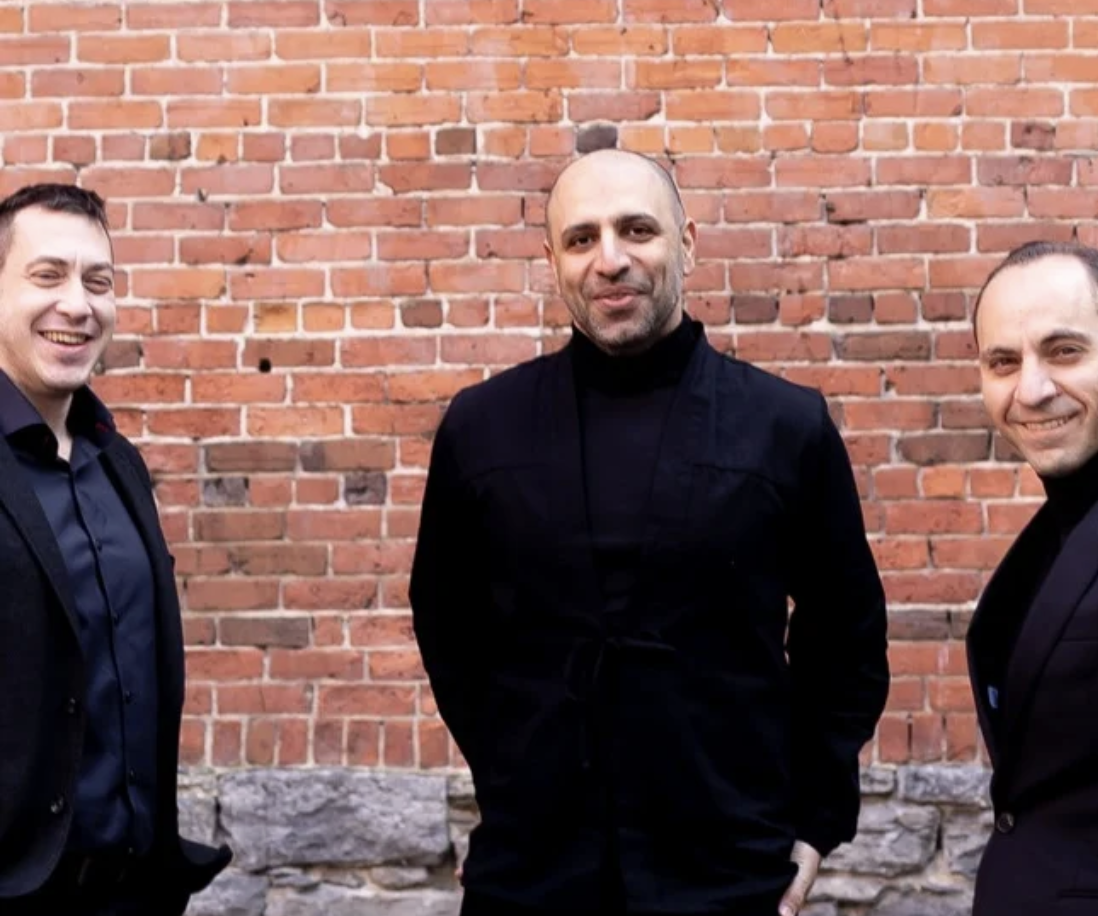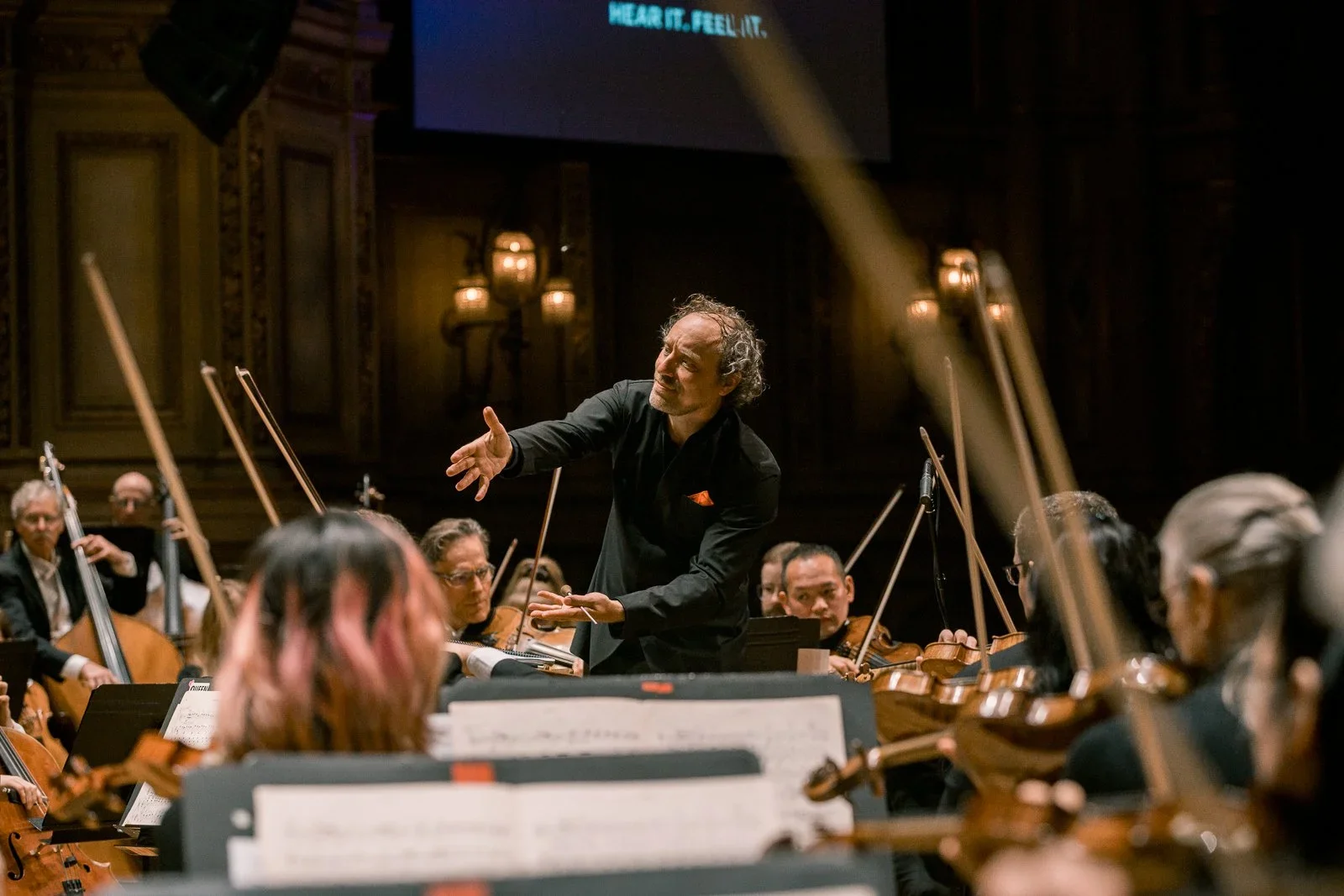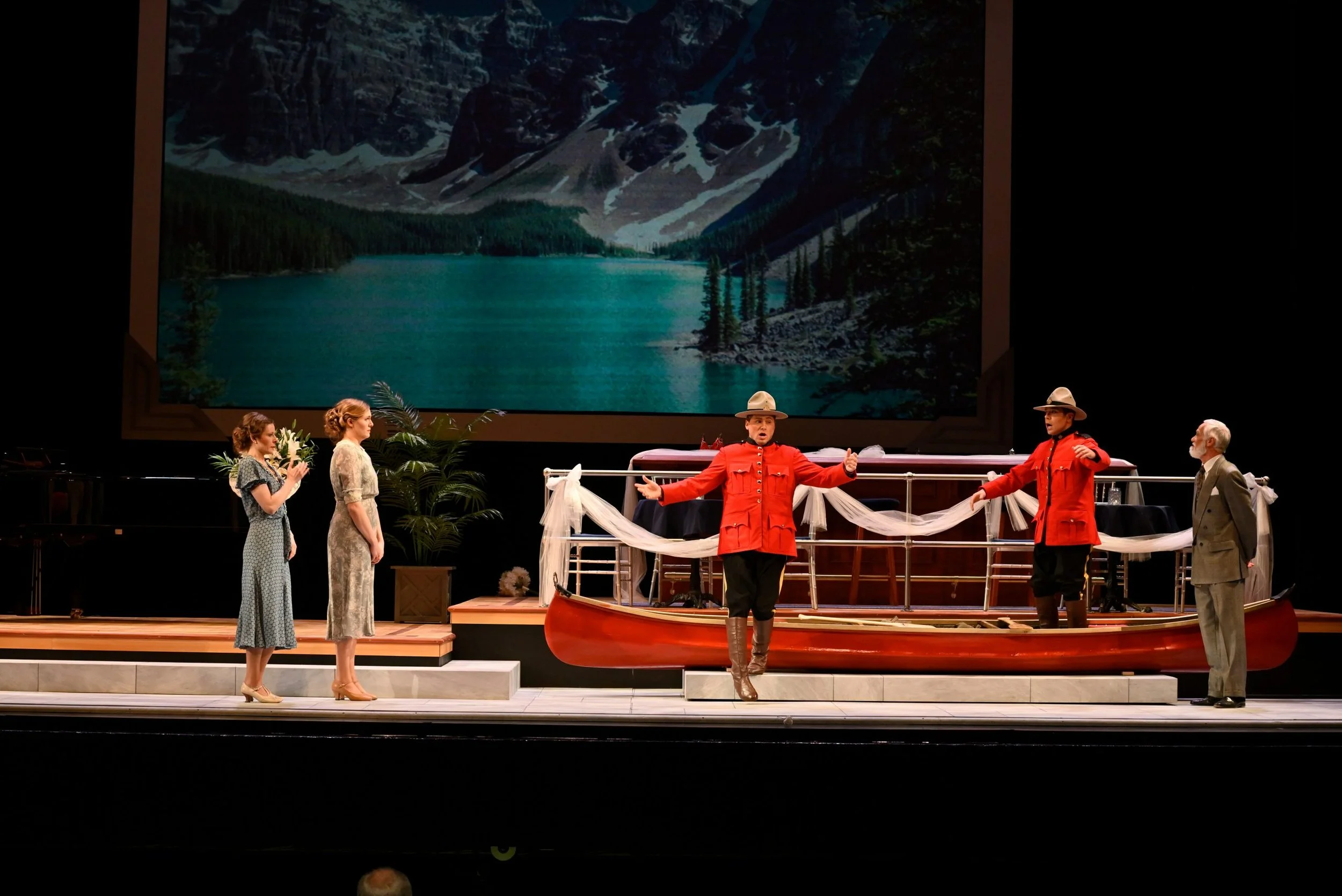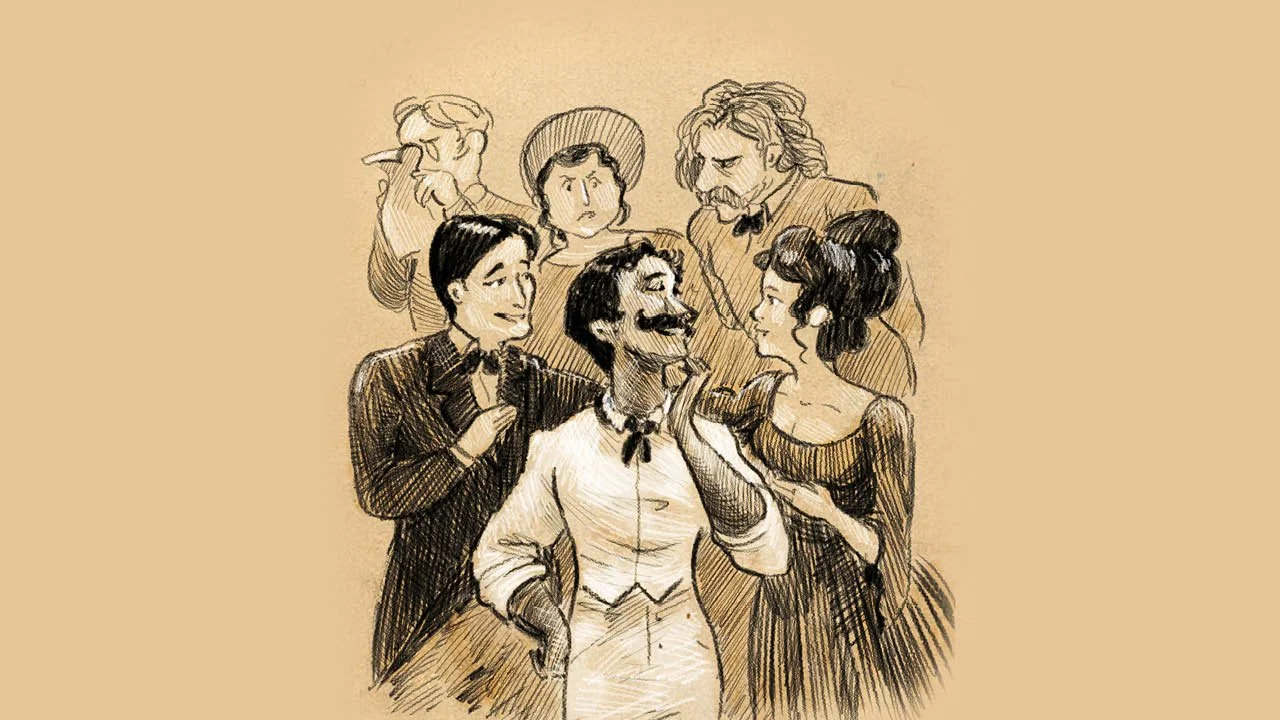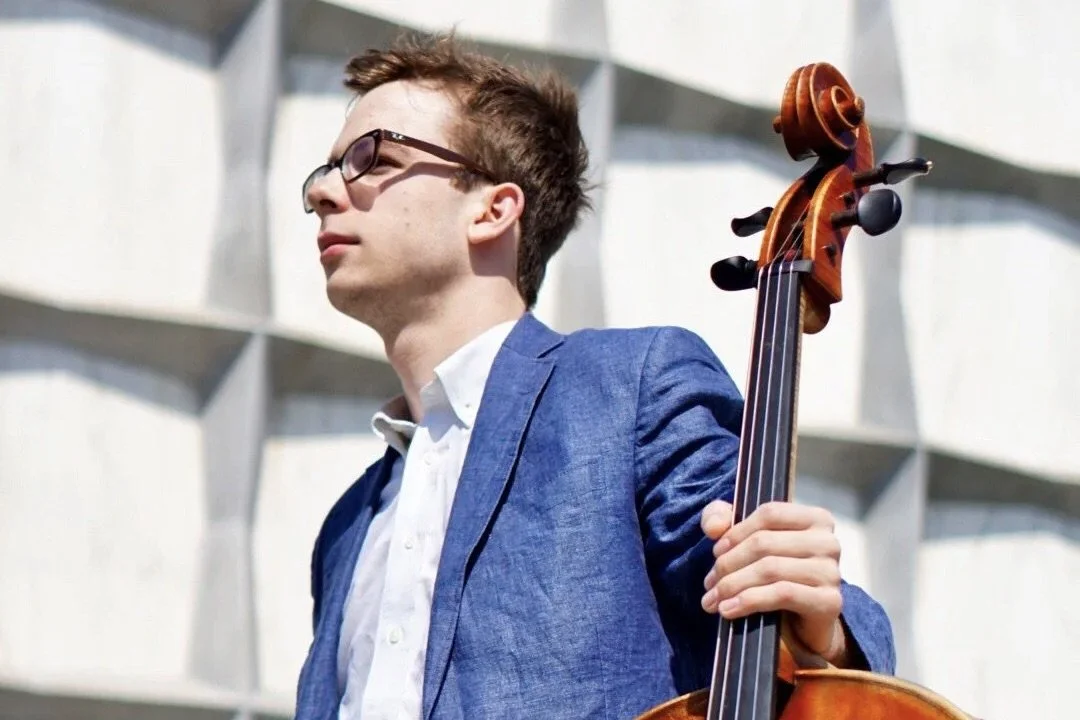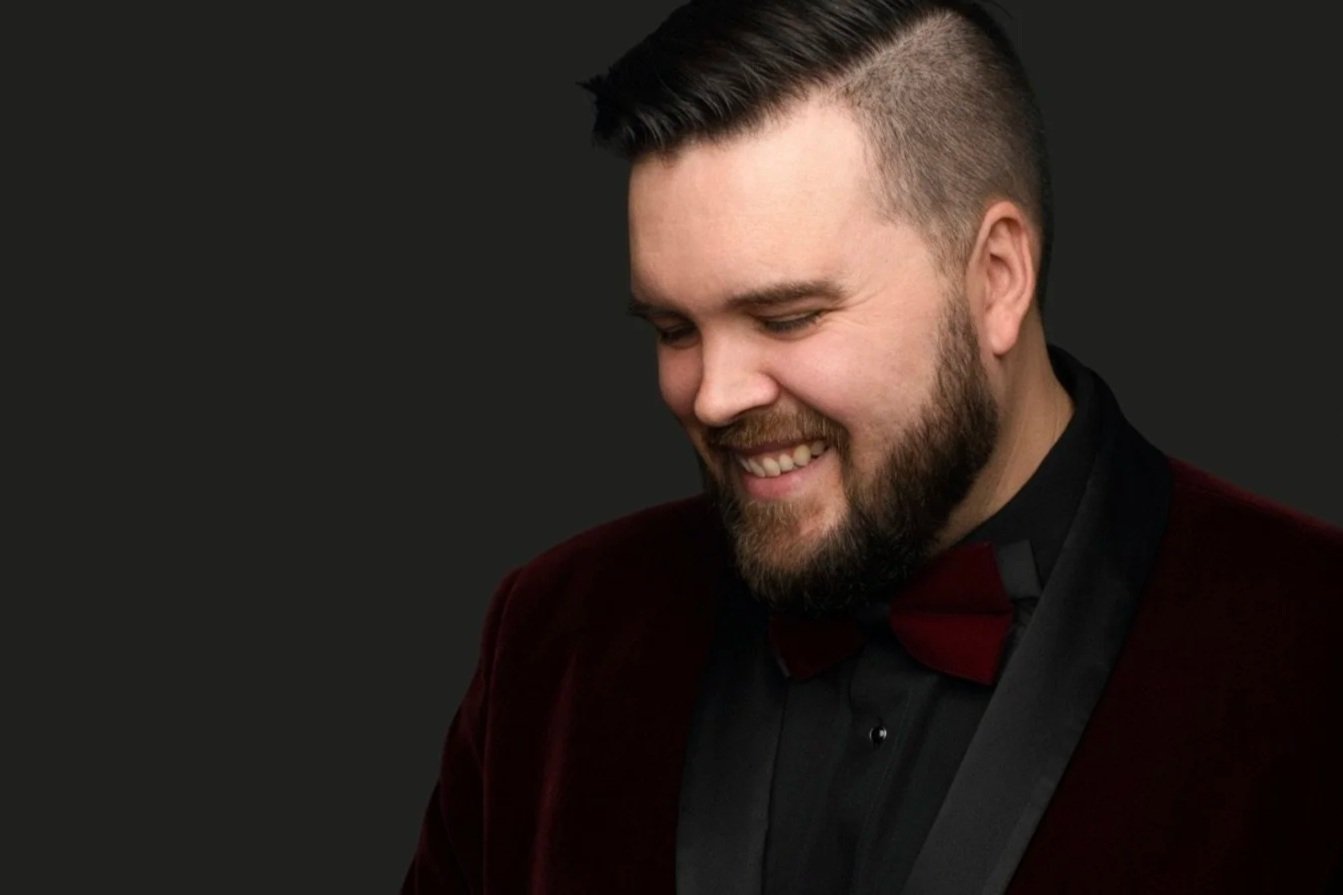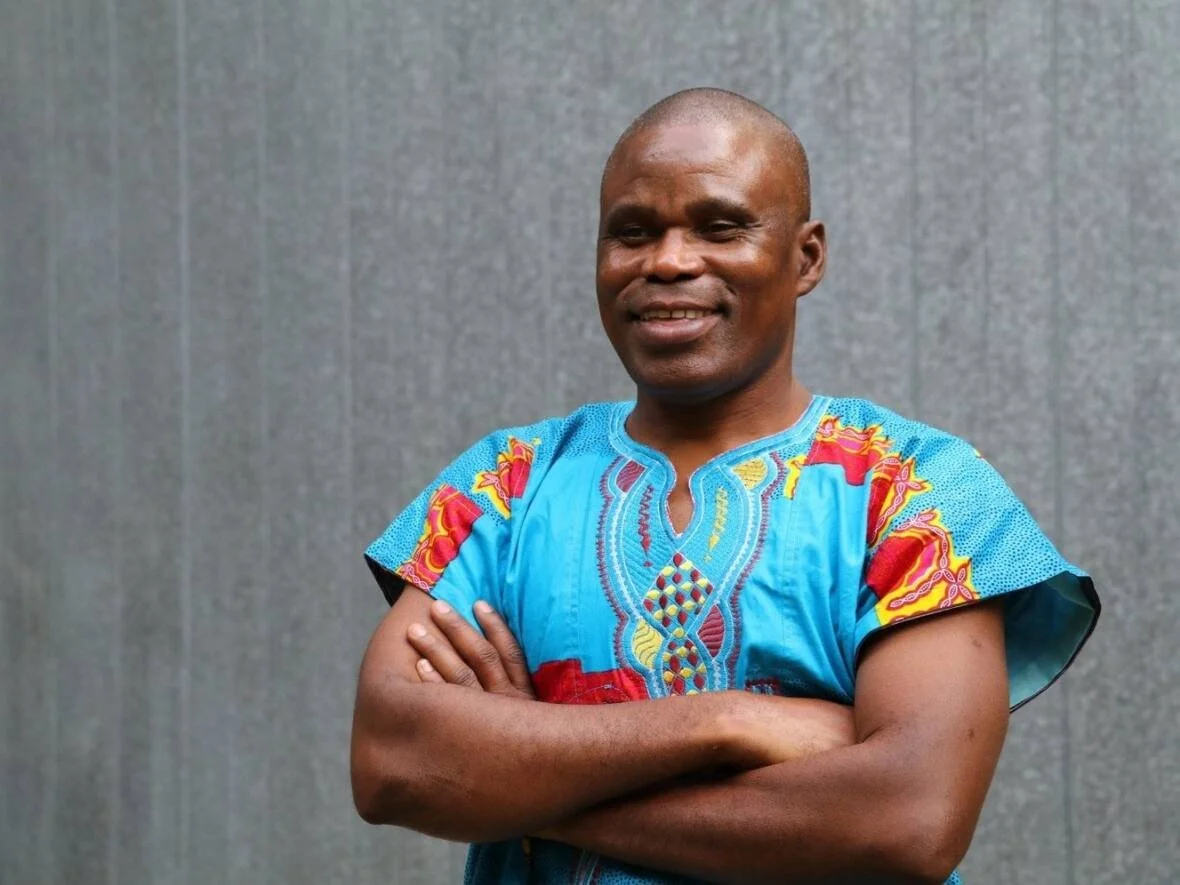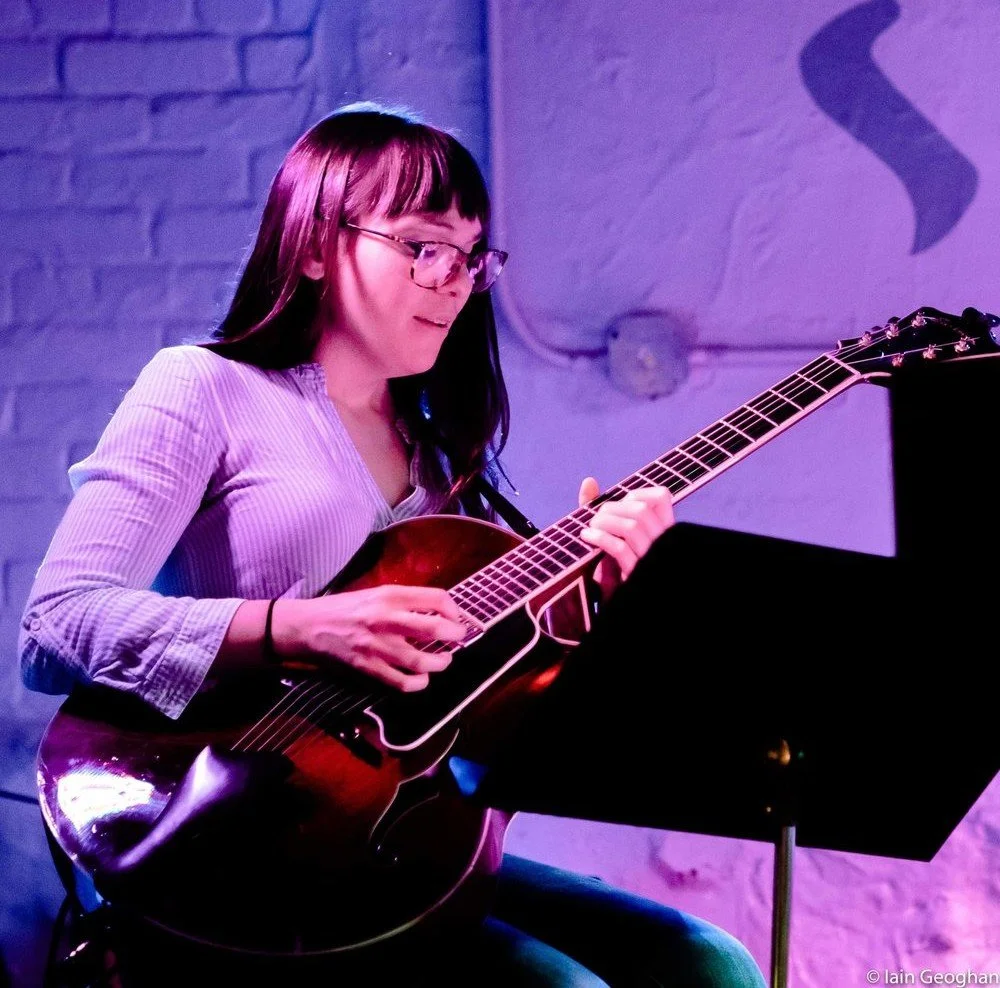For multicultural Montreal-based trio Les Arrivants, music transcends borders
Percussionist Hamin Honari, bandoneon master Amichai Ben Shalev, and oud virtuoso Abdul-Wahab Kayyali are fusing and expanding traditions
Les Arrivants.
The Cultch presents Les Arrivants, with guest Meredith Bates, on June 20 in the Historic Theatre
GRAND POLITICAL STATEMENT? Cross-cultural fusion experiment? A pointed rebuff to xenophobes? All of the above?
Listeners can read whatever they like into the existence of Les Arrivants, the increasingly acclaimed Montreal trio of percussionist Hamin Honari, bandoneon virtuoso Amichai Ben Shalev, and oud master Abdul-Wahab Kayyali, but for the three performers themselves, it’s all about the music. Yes, the band is made up of an Iranian, an Israeli, and a Jordanian, but neither geographic nor religious lines define their approach. It’s what the three can do together that matters.
“On a personal level, I think musicians have more in common than any other denomination,” says Honari, a former Vancouverite who relocated to Montreal in 2019. “Someone who’s a musician can grow up anywhere in the world, places I’ve never visited, and I’ll have so much in common with them. The hours spent practising, the type of music that you listen to, the effect it has on your hands, how to juggle your personal life with your musical life…. We all have so much in common. And on a social level, I think musicians also have deeper respect for humanity. Not, like, more than anyone else, but musicians are really good at getting along with other musicians.”
The birth of Honari’s latest band is a case in point. He, Ben Shalev, and Kayyali were practically strangers—and new arrivals in Montreal—when that city’s Centre des Musiciens du Monde invited them to collaborate. “It was part of their residency program, so right before Covid happened, they just kind of put the three of us together and said ‘You guys have 40 hours [of rehearsal time] to make some music, and one concert,’” the percussionist explains.
Apart from that annoying plague thing, the timing couldn’t have been better. “We’d all just arrived, so we didn’t have any other projects happening—and then when the pandemic hit, we had nothing else going on,” Honari continues. “Music came to a standstill, and in Montreal you couldn’t even hang out or see friends. You couldn’t go to a park with a friend or something. And the only, ah, loophole, I guess, was that up to three people could get together for work. So that made it easier to get together and make music, and those 40 hours may have turned into 400 hours, because we had nothing else to do and it was nice to get together with people. So it became not just a band: it became a social connection, it became support for our moving into a brand-new city and not knowing anyone else. There’s kind of a nice story to it, and that’s why I want to share it with as many people as possible.”
Les Arrivants’ first day together was unusual, and perhaps emblematic of their very social approach to making sound. “We took the instruments out, and then I think we ended up talking for four hours,” Honari recalls. “Like, ‘What’s your background? What do you play? What kind of music do you enjoy listening to? What kind of food do you eat?’ It just became this conversation—getting to know each other even before a note was played.”
Honari finally broke the ice by suggesting that they see what they could do with the Iranian composer Parviz Meshkatian’s “Nava”, now immortalized as the final track on Home, Les Arrivants’ impressive debut recording. “I brought that in as an idea, just to see how it would sound if we jammed,” he says. “When we first played it together and the guys started adding stuff to it, it felt like a piece that told me, at least, that this project was going to work because it’s so different—and it’s really good.
“But we’ve tried to tell our story through music, and each piece has its own story which we try to include in our concerts,” he adds. “Like, ‘The Arrival’ is Amichai’s piece about when he was confused on the Montreal Metro and couldn’t figure out the card to enter the thing, or something like that. It has this really strange feeling to it, like this empty Metro station with no people in it. ‘Burkaan’, which means ‘Volcano’, was Abdul-Wahab’s tribute to the frustration and the anger he feels towards the political situation [in the Middle East], and also frustration with certain elements of this city. And then ‘Basmah’ is a piece that he wrote after an impromptu birthday celebration for Amichai where we couldn’t go to a restaurant, so we ended up having smoked meat in a freezing park together, outside of Schwartz’s. It was a good feeling for us, so he wrote some music and it’s actually one of the happier tunes on the record. Everything has been inspired through our interactions with the city.”
Tellingly, the individual Arrivants all have solo features, which serve to introduce each player and their capabilities. But it’s when the three come together that the music really lifts off and that’s nowhere more apparent than on “Nava”, in which they’re joined by fellow Montrealers Reza Abaee on the violin-like gheychak and Pierre-Alexandre Maranda on upright bass. It’s a kind of musical continent on its own, embracing Persian music, Arabic music, Argentinian tango, European chamber music, and North American jazz, and although it was the first piece Les Arrivants played, it’s also an indication of where they might go next.
“We’ve already recorded a second album, and it finds us becoming more familiar with the sounds of Montreal, but also pushing forward from where ‘Nava’ leaves off,” Honari says. “It kind of keeps going in that direction, exploring different collaborations and going beyond the traditions of each instrument. It’s going to be an exciting album!”
Les Arrivants have certainly arrived, and with plans for a European tour in 2024 they’ll soon take Home global.


